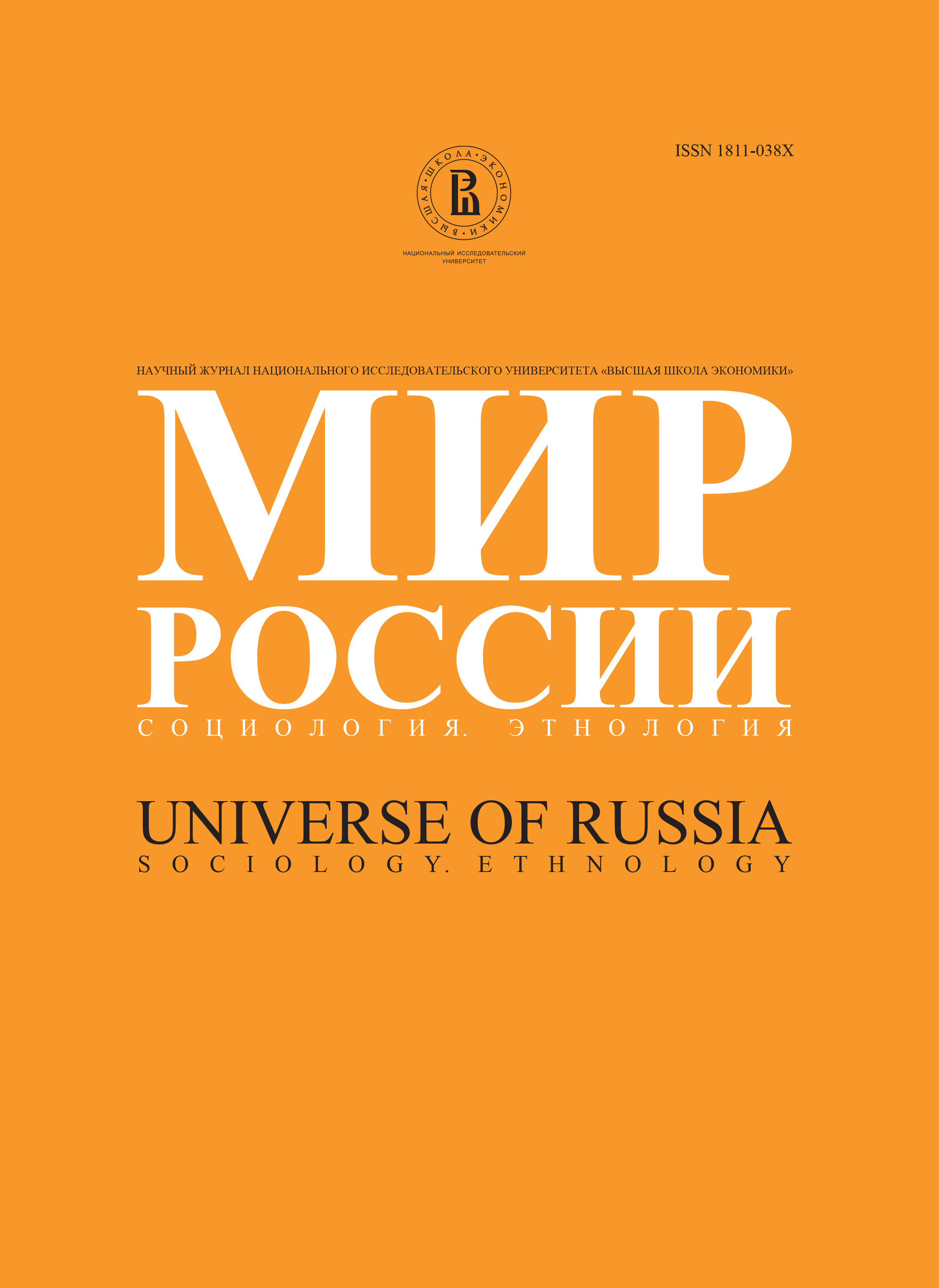Atomized Actions and Social Ties: Bases of Competition in Russian Retail Market
Abstract
In conventional economic theories competing firms are assumed to act independently. Economic sociology, on the contrary, describes competition not as a set of antagonistic moves of independent actors but as a social action oriented toward others. It implies that competing firms which are not supposed to transact with one another establish social ties and maintain complex institutional arrangements to sustain in the market. Accepting these sociological insights, we have to avoid oversocialized concepts of competition. It means that the idea of social embeddedness of competitive actions should be tested empirically. It is also important to investigate a variety of existing forms of the interfirm social coordination. In this paper I suggest a taxonomy of social ties. Using empirical data, I reveal the scope, multiplicity, and intensity of these ties among the competitors, and examine conditions which could facilitate or derail coordinated actions in the market. Data were collected from 500 managers of retailing chains and their suppliers in five Russia’s cities including Moscow, S.-Petersburg, Yekaterinburg, Novosibirsk, and Tyumen in autumn 2007. The sample includes transnational companies and Russian firms of different size operating in food and electronic sectors of the consumer market. According to obtained empirical evidence, weak social ties among the competing firms are more widely spread than strong ties. The former make a foundation for potential development of the latter. This development through stages is related to different positional and relational factors. It is revealed that positional factors including size of companies, their market share, and the market sector are not very influential while relational factors including intensity of the competition and especially firms’ power in the market exchange provide more significant effect. I construct a binary logistic regression model to demonstrate that the increasing market pressures including higher level of competition and stronger bargaining power of exchange partners do not contaminate social ties but rather stimulate formation of social ties. Though this observation is valid only for the weak form of social ties based on the monitoring of competitors. Finally, I would draw attention to the important fact that academic debates on the nature and fundamental conditions of economic competition have explicit policy implications which are evident in the Russia’s present political context. The point is that conventional economic insights treating any concerted actions as a precondition for abuse of resources and discrimination of the other market sellers could be easily found at the basis of anti-trust legislative statements. The existing Russian Federation Law “On Protection of Competition” adopted in 2006 and Draft Laws being discussed in the year of 2008 prohibit social contacts and define them unilaterally as illegal mutual agreements. Thus, economistic vision is imported to the areas of practical economic policy and legislation. The task of the economic sociology is to intervene and argue that social coordination is not necessarily detrimental for competition. Relations are more complex than most of the economists and policy makers imply. And social ties facilitate competition in the long run.
E-mail: radaev@hse.ru.
Key words: competition, social action, market, social ties, social coordination.






